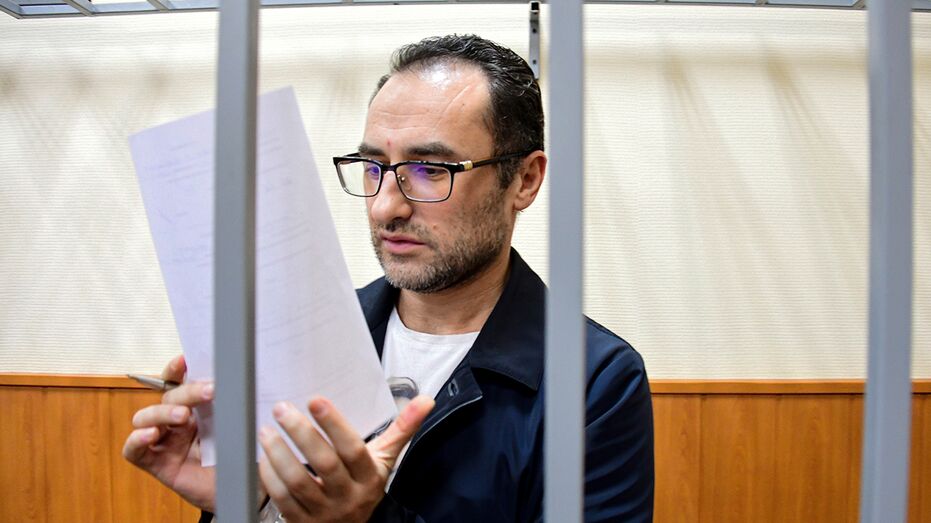
American Citizen Eugene Spector Sentenced in Russia for Espionage
A Russian-born American citizen, who is already serving time in Russia for bribery, has recently received an additional prison sentence for espionage. The case of Eugene Spector is drawing attention, but many details remain unclear as Russian authorities limit the information provided to the public.
Background of Eugene Spector
Eugene Spector’s journey began in Leningrad (now St. Petersburg), where he was raised before immigrating to the United States. He became a U.S. citizen, establishing a life that seemingly distanced him from his origins. Spector previously worked as an executive at a medical equipment company in Russia, and his professional background has led to significant scrutiny in his legal battles.
Bribery Charges and Initial Sentencing
In September 2022, Spector was sentenced to three and a half years in prison after being convicted of facilitating bribes to Anastasia Alekseyeva. Alekseyeva was an aide to Arkady Dvorkovich, Russia’s Deputy Prime Minister from 2012 to 2018. She received substantial international attention after being sentenced to 12 years in prison in April 2022 for her role in a corruption scandal involving luxury vacations and illicit financial transactions.
The bribes facilitated by Spector and others were tied to contracts within the Russian government, raising alarms about corruption in public offices, a topic that has become increasingly prominent in recent years. Dvorkovich, who previously held a significant governmental role, is now the president of the international chess federation, FIDE, and remains active in both the political and sports spheres.
Espionage Charges and Additional Sentencing
In a troubling turn of events, Spector has now received an additional sentence of 15 years for espionage-related charges. This recent sentencing has further complicated Spector’s already precarious situation in Russian detention. The specifics regarding the espionage charges remain murky, with Russian authorities providing minimal details to the public or the media.
U.S. Government Response
The U.S. State Department has expressed awareness of the situation, stating that it is closely monitoring developments regarding the sentencing of American citizens abroad. While the department refrains from providing detailed public commentary on ongoing legal matters in foreign countries, officials have reiterated their commitment to the safety and legal rights of American citizens wherever they may be.
The Bigger Picture: Espionage and American Citizens Abroad
Spector’s case raises critical questions about the treatment of American citizens in foreign judicial systems and the potential espionage risks faced by expatriates. Across the world, various states handle espionage accusations with extreme scrutiny, particularly if the accused holds original citizenship or ties to rival nations. The climate of espionage and political intrigue influences international relations significantly and is often leveraged as a form of diplomatic bargaining.
In the realm of geopolitical tensions, the interaction between the U.S. and Russia remains fraught. As both countries navigate a complex relationship amidst sanctions and mutual distrust, the cases involving American citizens—particularly those accused of serious crimes like espionage—have heightened diplomatic sensitivities.
Conclusion
The sentencing of Eugene Spector underscores the perilous landscape for American citizens overseas, particularly in nations with distinct legal and political climates. As Spector faces a lengthy prison sentence on espionage charges following his previous conviction, the U.S. government remains vigilant in monitoring the unfolding situation while advocating for the rights and safety of its citizens abroad.
As more information becomes available about Eugene Spector’s legal journey, it will undoubtedly serve as a case study of the challenges faced by expatriates entangled in foreign legal systems, especially in countries like Russia, where the judiciary operates under strict state influence.
Reporting contributions were made by The Associated Press.


















